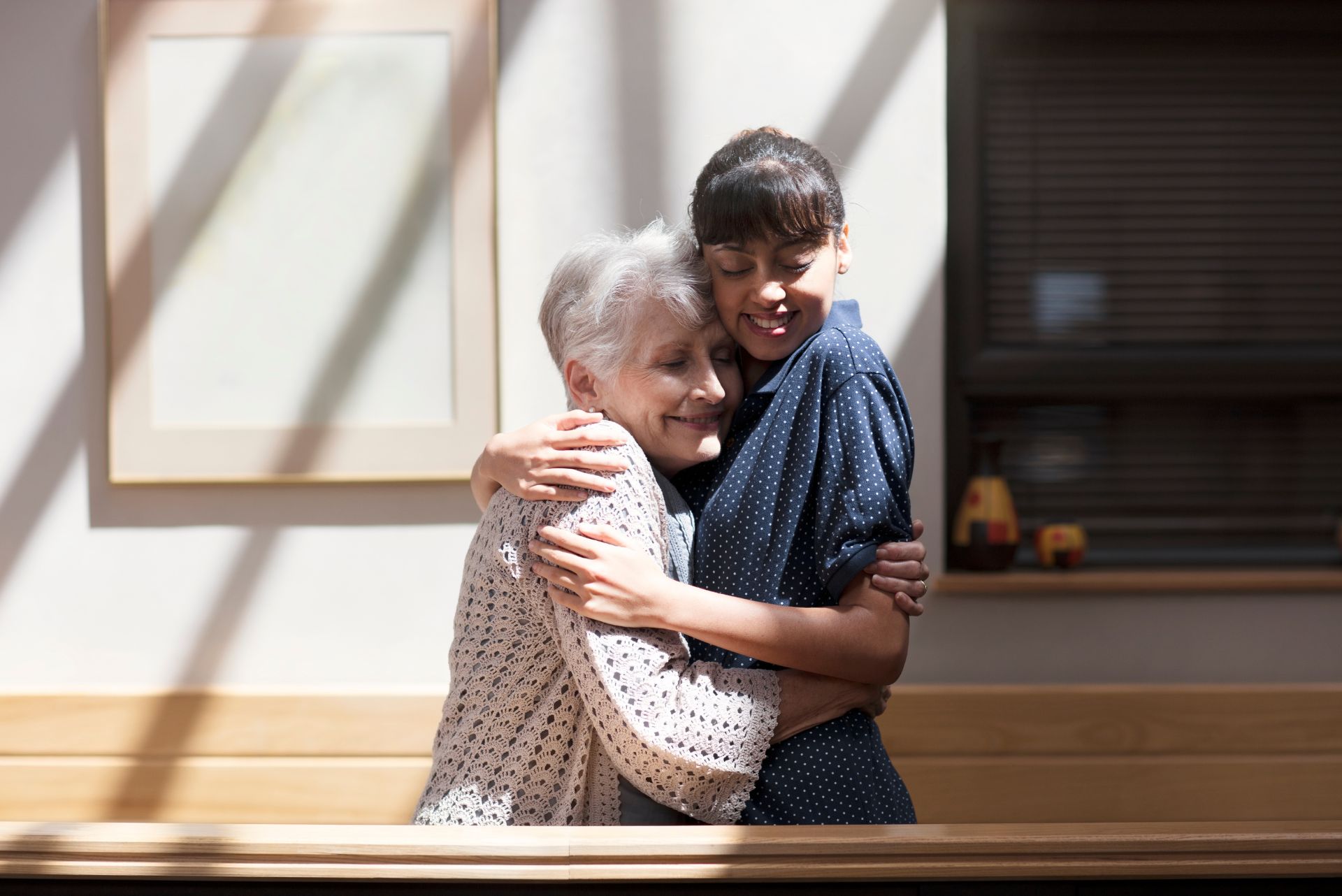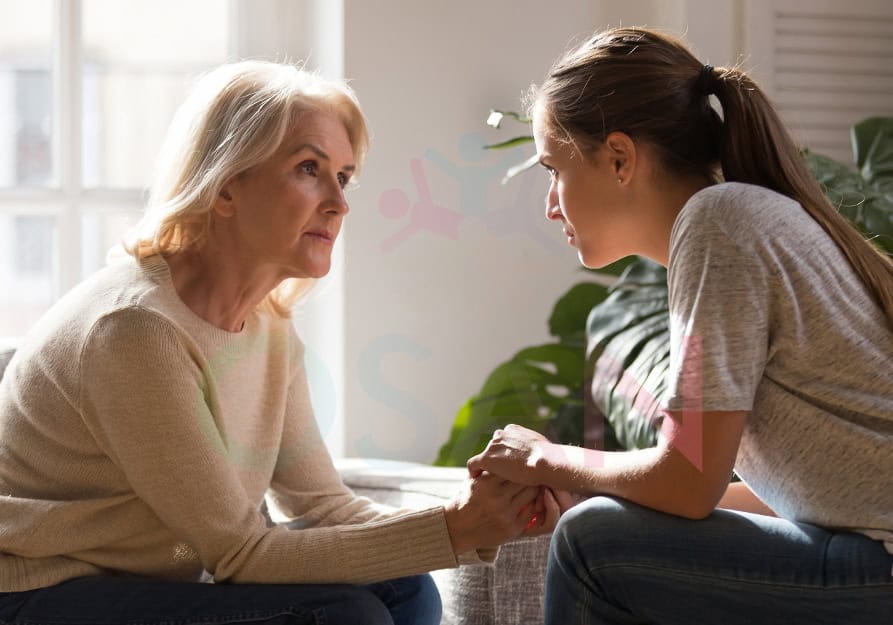Personal hygiene is essential for individuals of all ages but is of utmost importance for older adults. As people age, their bodies undergo several changes, making them more susceptible to infections and illnesses. The immune system weakens, and the skin becomes thinner, making it easier for germs and bacteria to enter the body. Maintaining good personal hygiene practices can help prevent the spread of infections and promote overall health and well-being. This article will discuss the importance of personal hygiene for older adults and how it can improve their quality of life.
Maintaining Good Oral Hygiene
Maintaining good oral hygiene is crucial for overall health and preventing infections. The mouth is home to millions of bacteria, which can cause dental issues like gum disease, tooth decay, and bad breath. However, poor oral hygiene can also lead to more severe health conditions like heart disease and pneumonia, especially among elderly individuals with weakened immune systems. Therefore, brushing your teeth twice daily, flossing regularly, and having regular dental check-ups are crucial. Caregivers must ensure that dentures and other dental appliances are cleaned regularly to prevent infections.
As people age, their skin becomes thinner and fragile, making it easier for germs and bacteria to enter the body, leading to skin infections like cellulitis, impetigo, and folliculitis. Maintaining good personal hygiene is crucial for preventing these infections, including bathing daily, using mild soap, and moisturising dry skin. Regarding aged care, regular check-ups for signs of infection are crucial. If any signs appear, seeking medical attention is necessary. Additionally, keeping the skin dry and avoiding prolonged exposure to moisture is essential as it can lead to fungal infections such as athlete’s foot and ringworm.
Promoting Mental Health and Well-being
Maintaining good personal hygiene practices prevents infections and promotes mental health and well-being. Poor hygiene practices can lead to feelings of shame, embarrassment, and isolation, increasing the risk of depression and other mental health conditions, especially among older adults. On the other hand, good hygiene practices such as bathing, grooming, and dressing can boost self-esteem and promote a sense of well-being.
Personal care nurses also play a crucial role in promoting mental health and well-being among older adults. Encouraging social activities and outings can prevent feelings of isolation and loneliness, negatively impacting mental health. Good hygiene practices can improve self-esteem, increase independence, and a higher quality of life.
Preventing Urinary Tract Infections
Urinary tract infections (UTIs) are common among the elderly, especially in women. UTIs can be caused by poor hygiene practices, such as improper wiping after using the toilet. UTI symptoms can be severe, including painful urination, frequent urination, and fever. Elderly individuals may also experience confusion and agitation due to the infection. Therefore, it is essential to maintain good hygiene practices, such as wiping from front to back, urinating regularly, and drinking plenty of fluids. Caregivers should also monitor for any signs of UTIs and seek medical attention if necessary.
Conclusion
In conclusion, personal hygiene is of utmost importance for older adults. Maintaining good hygiene practices can prevent infections, promote mental health and well-being, and improve the overall quality of life. Caregivers should ensure that elderly individuals can access the necessary resources and support to maintain good personal hygiene practices. By doing so, they can help promote a healthy and happy life for older adults.
Are you or a loved one needing reliable aged care in Bella Vista? Look no further than Osan Ability! Our team of experienced professionals is committed to providing compassionate care and support to elderly individuals, ensuring they can live a healthy and fulfilling life. We understand the importance of finding the right care for you or your loved one and are here to help. Contact us today at 1300 799 941.










